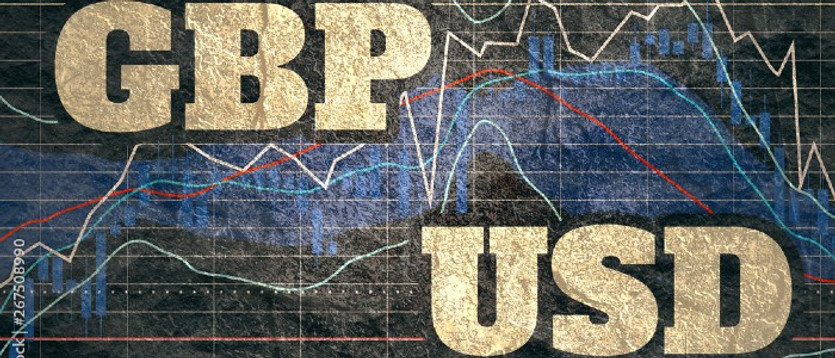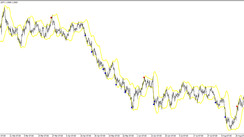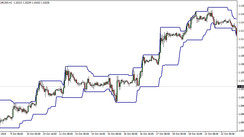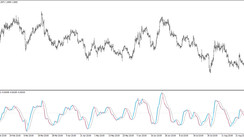Today, December 24, the Catholic world celebrates Christmas. In the countries of Oceania, it will already come in a few hours (in New Zealand at 12:00, in Australia at 14:00 GMT). In European countries, Christmas will be celebrated between 22:00 - 24:00 (GMT). Financial markets in many countries and commodity markets will be closed. Although Forex works around the clock from Monday to Friday, trading volumes today and by the end of the year will be significantly reduced, and will fully recover only after the New Year.
Next week will be a transition week between 2021 and 2022. There are not many plans to publish important macro statistics. The world will welcome the New Year, and the quotes of the major currencies are likely to remain within narrow ranges near the current levels.
The DXY dollar index continues to decline today, reaching the psychologically significant mark of 96.00. At the same time, DXY remains slightly below the middle of the range between local highs near 96.94 and local lows near 95.54, reached at the end of November, in general, maintaining positive dynamics and potential for further growth.
Last week (December 13 - 19), 4 of the world's largest central banks held their meetings on monetary policy issues, and some of them began tightening monetary policy to curb rising inflation. So, the Fed and the ECB indicated a movement towards tightening the policy, and the Bank of England raised the interest rate by 0.15% at once, from the level of 0.1%, somewhat surprising the markets. In response to this decision, the pound first strengthened sharply, but then declined. At the moment, the GBP / USD pair is traded near 1.3410, hitting an important resistance level.
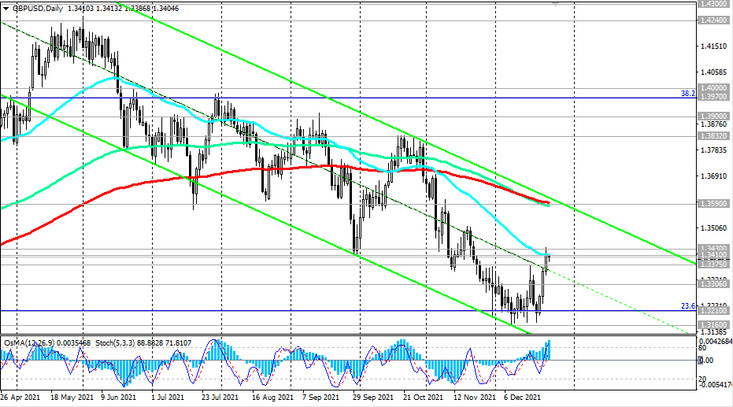
Now the Fed's key interest rate is at the same 0.25% level as of the Bank of England.
Meanwhile, economists believe that the growth of the British pound and the GBP / USD pair may be short-lived. If US and UK inflation is likely to continue to accelerate, the UK economy will grow at a slower pace than inflation and US economy growth.
If the Fed has declared its determination to complete the scaling down of stimulating programs in March 2022, and then, most likely, it will start raising interest rates, then the Bank of England is unlikely to decide on more aggressive actions in relation to its monetary policy.
UK consumer sentiment is deteriorating as high inflation and the spread of the new omicron strain of coronavirus in the country worsen their financial situation and darken the economic outlook. Thus, the previously published index of consumer confidence in the UK (from GfK) fell to -15 in December from -14 in November.
The UK government has already reacted to the spread of the omicron strain by renewing new quarantine measures, and the British have become more cautious about the coronavirus. All of this is holding back buying and business activity in the country.
On the contrary, in the USA continues to receive very positive macro data. So, last Wednesday, the US Bureau of Economic Analysis published the final estimate of the dynamics of US GDP for the 3rd quarter of this year. It reflected the growth of the national economy by 2.3%, which is 0.2% better than previous preliminary estimates.
At the same time, data released yesterday showed that last week the number of initial jobless claims in the United States remained at its lowest level in several decades, 205 thousand, orders for durable goods, implying large investments, increased by 2.5% in November, while new home sales increased markedly - by 12.4% after falling by 8.4% in October. US consumer sentiment improved in December despite rising coronavirus infections and high inflation. Thus, the final consumer sentiment index in December was 70.6, which is higher than the preliminary value of 70.4 and the November value of 67.4.
If we abstract a little from the emergence of the omicron strain of the coronavirus, which in the past few weeks has led to an increase in the number of infections in the UK and the United States to record highs, forcing workers to leave offices and customers to refrain from visiting stores, and to restrict movement, the economist is more optimistic about the prospects for the American economy, in comparison with the British.
If the Bank of England is likely to refrain from further tightening monetary policy and raising interest rates for now, then signals from the Fed of a propensity for tough policy will support the dollar's rise in 2022. Thus, the monetary policies of the Fed and the Bank of England remain multidirectional, which creates the preconditions for a renewed of the GBP / USD decline in 2022.

